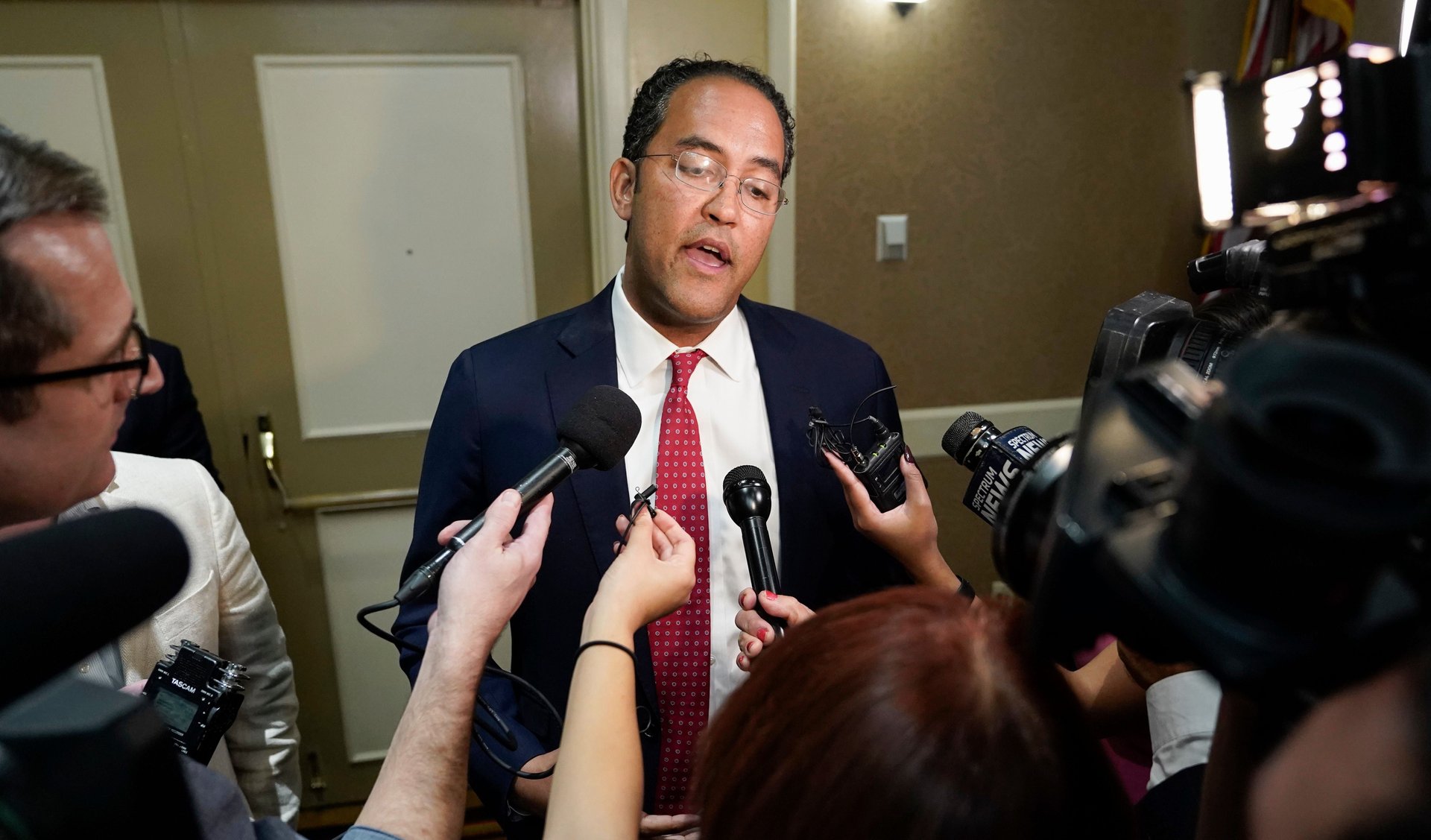US midterm voters didn’t elect the tech-savvy candidates they need for the future
National security experts see Russia’s cyber attack on the 2016 US election as an astounding threat to the country’s safety, but it doesn’t seem to have been a wake-up call for the American electorate.


National security experts see Russia’s cyber attack on the 2016 US election as an astounding threat to the country’s safety, but it doesn’t seem to have been a wake-up call for the American electorate.
As cyber sages examine America’s banks and power grid being exposed to attacks by foreign powers, they fret about the near-total lack of tech expertise on Capitol Hill. “You have legislators that are ignorant on basic issues—they don’t even know what questions to ask, let alone the answers,” says Peter W. Singer, a senior fellow at New America think tank, pointing to senators’ hapless probing of Facebook CEO Mark Zuckerberg in April.
A handful of new candidates with tech backgrounds tried to right this imbalance this week, by running for Congress in the 2018 midterms.
So far, the only techie with a clear shot is Silicon Valley venture capitalist Josh Harder. He was backed by pollsters to win California’s 10th district from a Republican incumbent, in what’s been framed as a referendum on Big Tech. Votes are still being counted in California, with Harder a point behind and relying on late voters, who often favor Democrats.
Others have fallen on harder luck. Only 4% of voters in rural upstate New York thought cyber was a “really important issue,” according to a poll conducted by Tracy Mitrano, a former director of information technology policy at Cornell University who ran as a Democrat there. She lost by around 9 points to a Republican incumbent. Joseph Kopser, a military veteran and successful tech start-up founder running as a Democrat in Texas met a similar fate, losing by around three points in an open seat.
One of the few tech experts currently in Congress, Republican Will Hurd, has declared victory by a few hundred votes in his Texas seat—but his opponent Gina Ortiz Jones hasn’t conceded defeat.
Without knowledgeable political representatives, America’s tech policy problem extends far beyond just Russian hacking. “There really is no issue that’s not shaped by technology any more, whether that’s education policy, cyber security, or defense,” says Singer, author of Like War: The Weaponization of Social Media.
One incoming member of Congress does have some experience in the sector. John Rose, a Republican who won an open seat in Tennessee, owns a company that trains IT professionals and co-founded another that certifies them. However, most of his work experience seems in farming and agriculture administration, including a year as Tennessee’s agriculture commissioner.